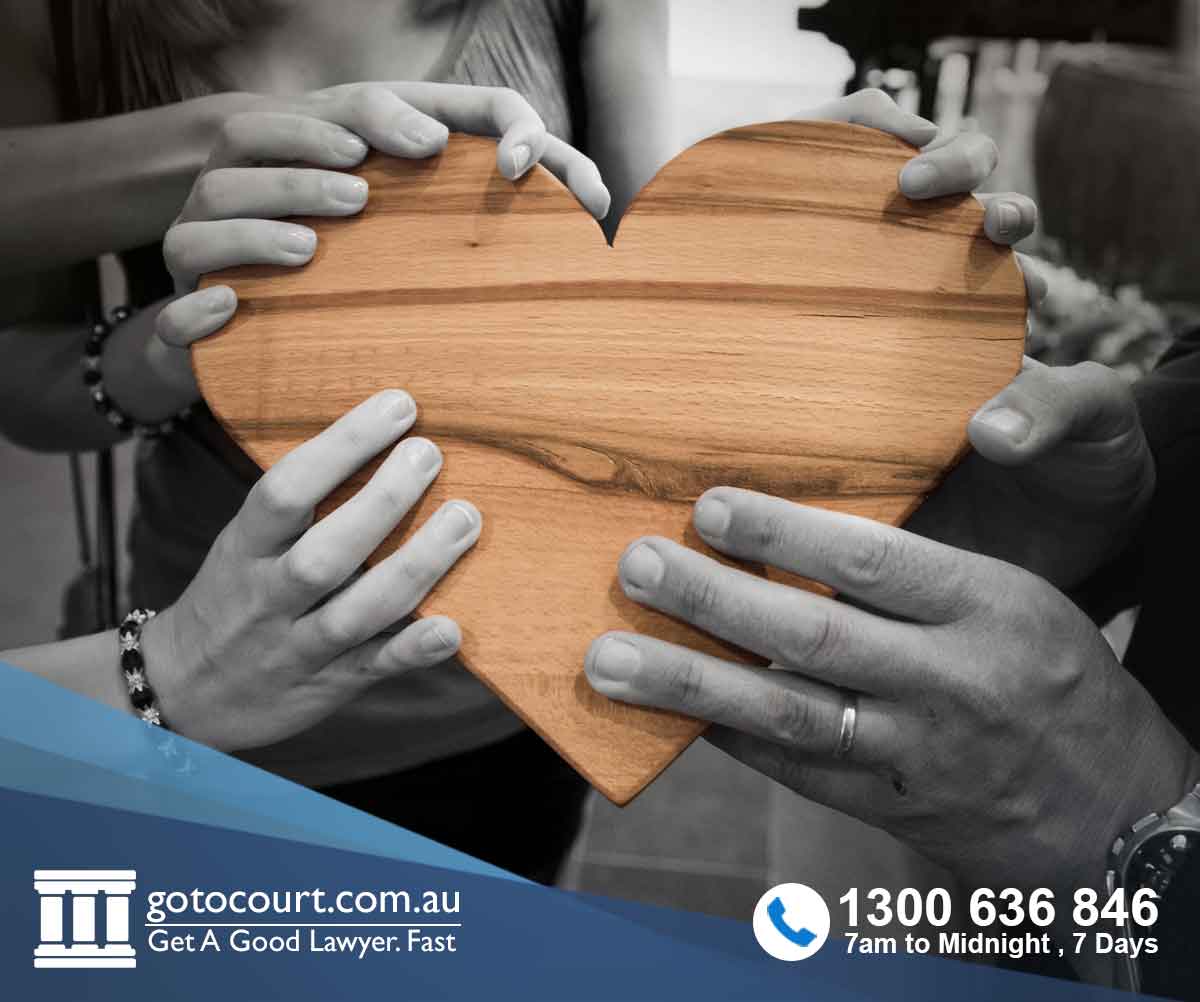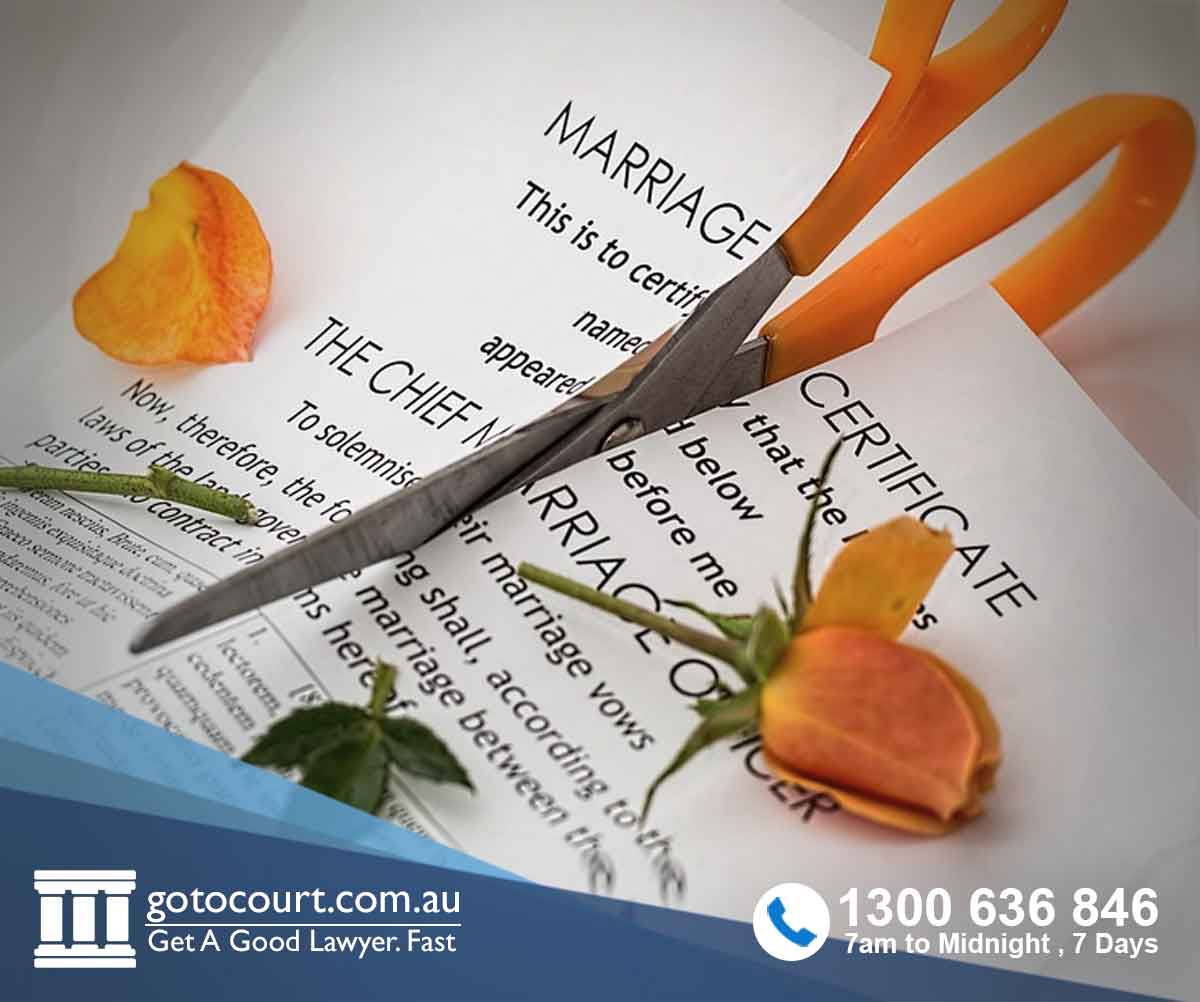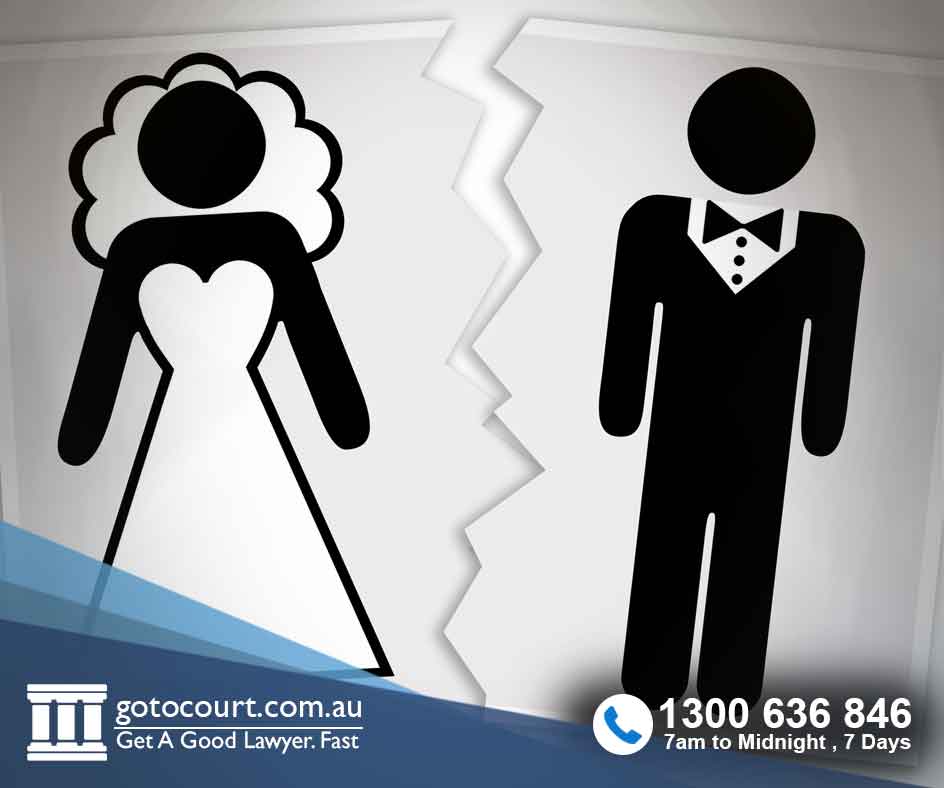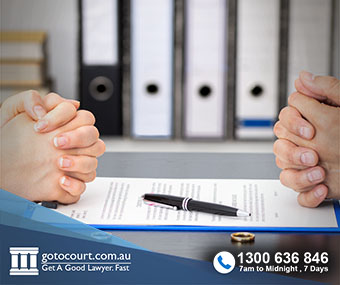Are Debts Shared in a Divorce?
Are Debts Shared in a Divorce?
When a couple splits up, both people are usually eager to claim their share of the marital assets, but less keen to claim responsibility for debts. Given that the average household debt in Australia is just over a quarter of a million dollars, most separating couples need to consider the issue of debt when they divide up their property pool. A person who has recently separated from their spouse may question their financial responsibility going forward. This page looks at how debts are shared in a divorce and property settlement.
The rules for how shared assets and debts are divided after separation or divorce are set out in the Family Law Act 1975 (and the Family Court Act for de facto couples in Western Australia). These rules treat debts in much the same way as assets in a post-separation settlement. The process is to pool together the joint and individual assets of the couple, including superannuation funds, and then subtract individual and jointly held debt from the pool.
What is a property settlement?
A property settlement is a process of dividing assets and debts after the breakdown of a marriage or de facto relationship. In a best-case scenario, a former couple can negotiate this division of property privately. This private agreement should be approved by the court through a “consent order” to ensure that the division is fair to both parties. If a former couple cannot come to an agreement about dividing property, they may need to ask the court to work out a fair division. In that case, the court takes a structured approach to dividing property.
How does the court divide the asset pool?
First, the court asks the parties to identify all of their assets and debts, regardless of whether they are owned individually or jointly. These assets and debts are counted in an asset pool, commonly noted on a spreadsheet recording all the assets and debts, showing current ownership and liability. The court then turns its attention to whether the current distribution of assets and debt is “just and equitable”. If it is, then there is no need to order any changes. More commonly, however, there needs to be an adjustment, with some assets or debts redistributed between the parties.
The court works out whether to make an adjustment by deciding who contributed the most to build up the wealth in the asset pool. The court asks who brought the most into the relationship and who contributed the most during the relationship. Importantly, contributions are not restricted to financial provisions. When a spouse looks after a home, cares for children, or supports a partner in their career, these are all actions that indirectly contribute to the acquisition of assets. The court also gives significant consideration to each party’s future needs and ability to support themselves financially.
How is debt dealt with after a divorce or separation?
In a simple property division, assets are sold to discharge all of the debts from the relationship, and both couples emerge debt free. However, this is often not possible, especially when there are significant credit card debts, personal loans for vehicles, and a mortgage on a family home. In these more complex cases, it is often necessary for one or both parties to retain the debt after the separation. When it comes to joint liabilities, it may be necessary to refinance the debt into the sole name of one party. This means that amongst other factors, the final division of assets can be influenced by each person’s earning capacity, creditworthiness, and ability to service debt.
What about debts incurred after separation?
The court generally takes the position that debt incurred during the relationship (whether jointly or individually) was for the benefit of both parties. This means that, even if one person has most of the debt in their name, the debts are considered the equal responsibility of both parties. People are often surprised to discover that even debts incurred after separation can be considered the responsibility of both parties. The time when the debt was acquired is usually less important than whether the debt benefited both parties.
In addition, both parties are considered responsible for debt incurred because one of the spouses could not reasonably support themselves without going into debt. This is especially true if the other spouse had both an obligation and capacity to provide financial support after the separation and failed to do so.
What debts are not included in the asset pool?
Conversely, the court may exclude a debt from the asset pool if it was accrued by only one spouse for their own purposes. For example, debts accrued from gambling or irresponsible spending may be excluded. The court particularly takes note of evidence of “waste”, where there has been financial loss because one spouse acted in a way designed to reduce the value of the matrimonial assets, or recklessly engaged in actions that reduced assets or increased liabilities. For example, it is wasteful to let other people use matrimonial assets for free, sell an asset for less than its value, buy illicit drugs or run up gambling debts. In such cases, the irresponsible party usually ends up responsible for the debt, calculated as a premature distribution of property from the asset pool.
Debts that are vague, or unlikely to be enforced (such as an unsecured loan from a family member) are also likely to be excluded from the calculation of the net asset pool.
Legal fees as debts
Each party is responsible for their own legal costs incurred during the family law proceeding, with legal fee payment from joint funds “added back” to the pool of assets and taken into account in the final analysis. Phone our Family Law specialists on 1300 636 846 if you are worried about whether you will share debts with your former spouse. Go To Court Lawyers work to achieve the best outcomes for you and protect you from unfair financial liabilities. Contact us today to discover how we can help you with this or any legal matter.

Affordable Lawyers
Our Go To Court Lawyers will assist you in all areas of law. We specialise in providing legal advice urgently – at the time when you need it most. If you need a lawyer right now, today, we can help you – no matter where you are in Australia.How It Works




1. You speak directly to a lawyer
When you call the Go To Court Legal Hotline, you will be connected directly to a lawyer, every time.

2. Get your legal situation assessed
We determine the best way forward in your legal matter, free of charge. If you want to go ahead and book a face-to-face appointment, we will connect you with a specialist in your local area.

3. We arrange everything as needed
If you want to go ahead and book a fact-to-face appointment, we will connect you with a specialist in your local area no matter where you are and even at very short notice.













